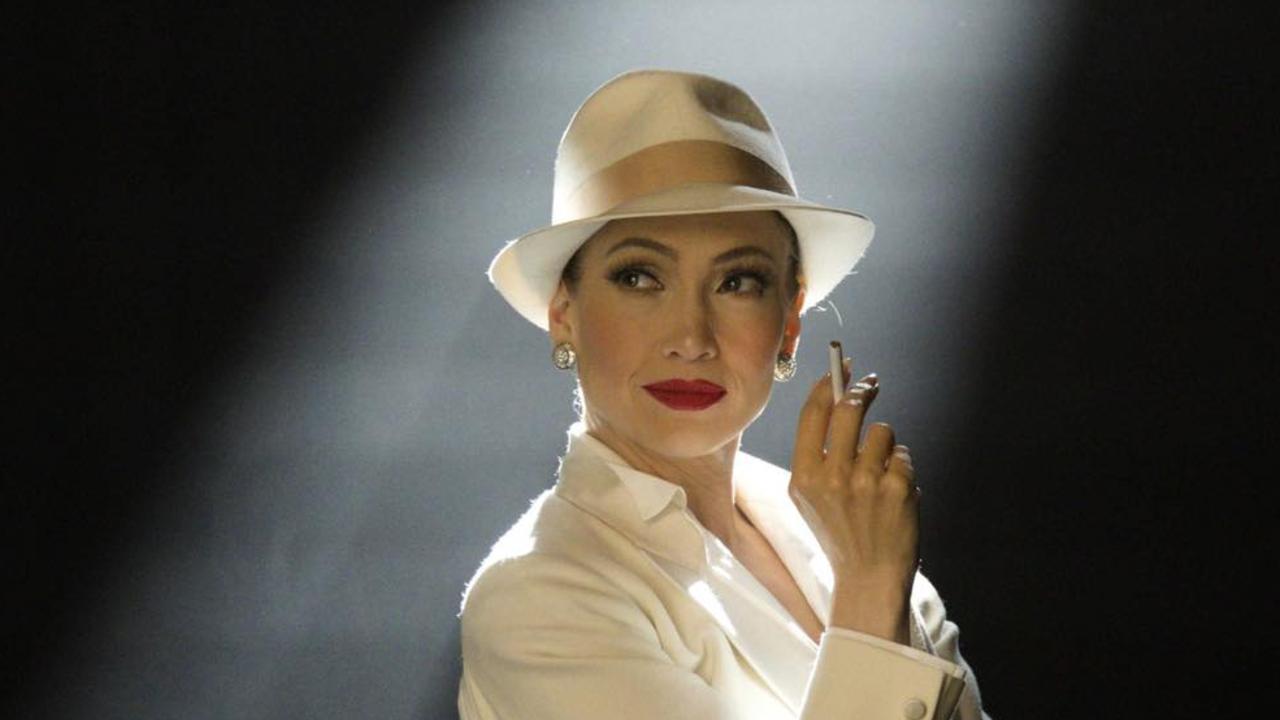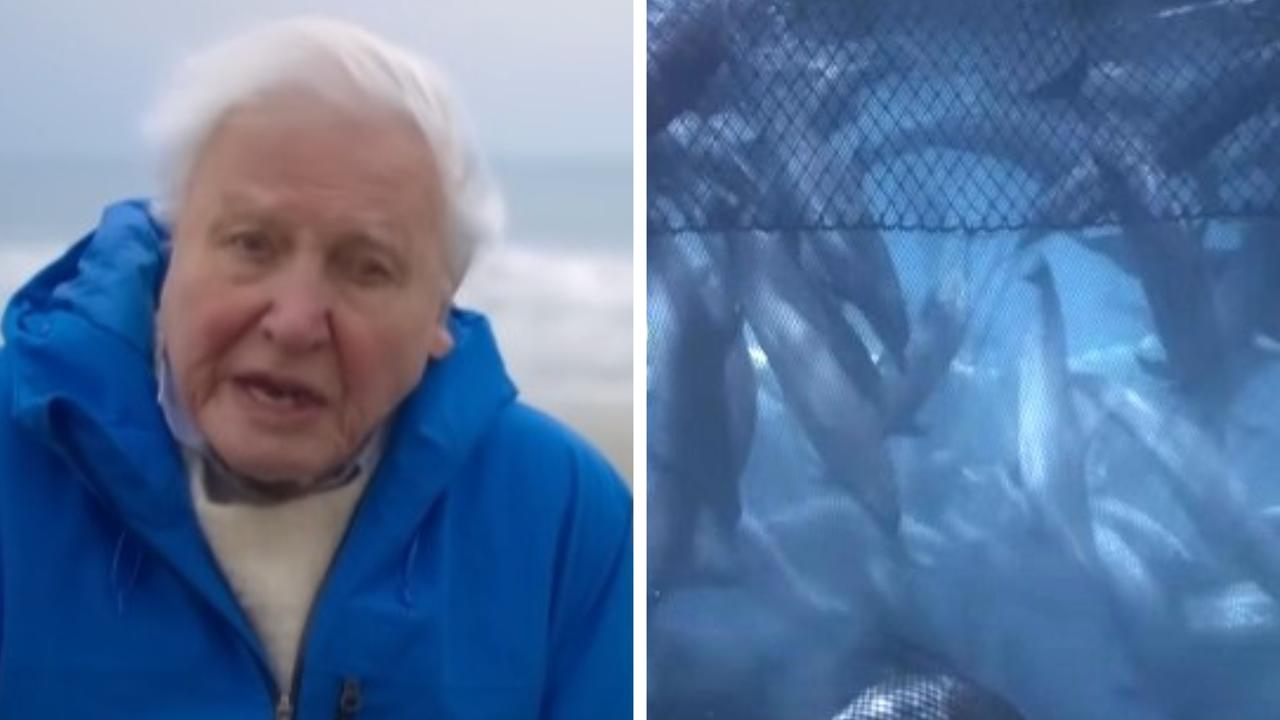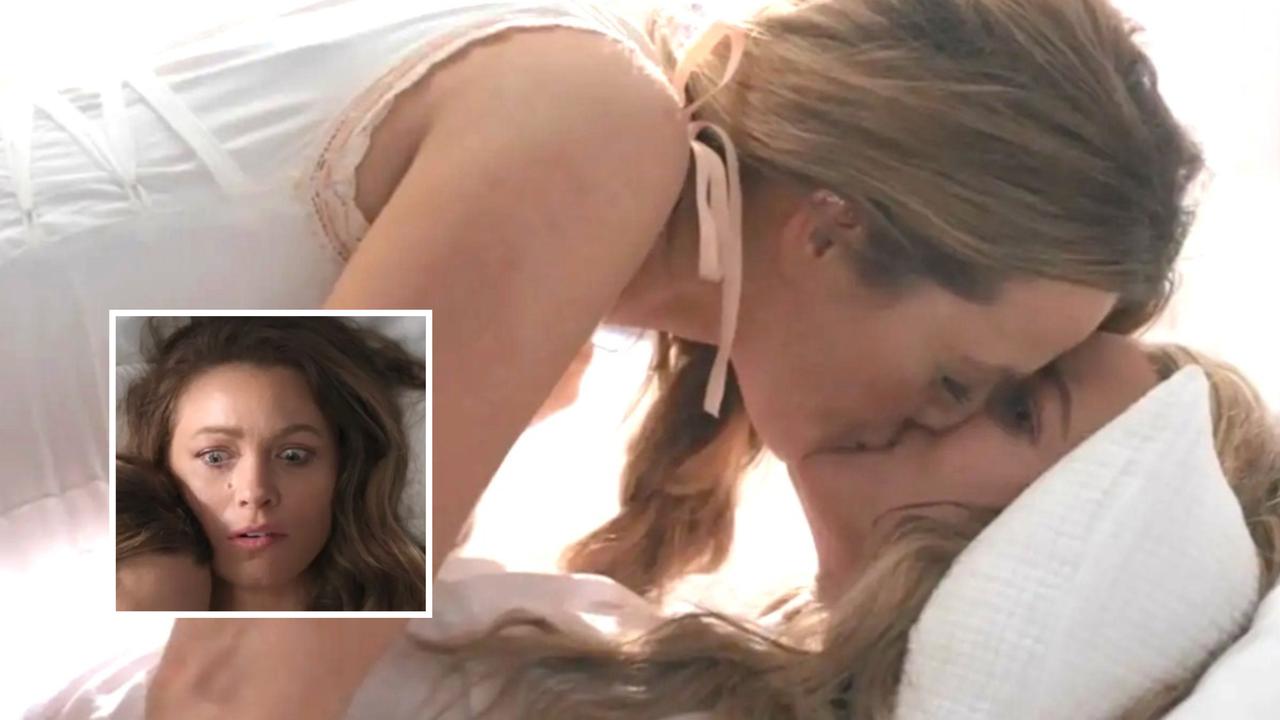Why everyone is freaking out about Netflix’s ‘Nanette’
THERE is a lot of comedy on Netflix, but an Australian comedian’s show has become the most raved about special on the platform.
BEFORE this week, you might not have heard of Hannah Gadsby. But since her stand-up special Nanette dropped on Netflix on June 19, the internet can’t stop talking about the Australian comedian.
“Just like Richard Pryor, George Carlin and Bill Hicks fundamentally reshaped and redefined the scope of stand-up, Nanette has taken the medium to a whole new level,” one fan writes on Twitter. Celebs from Jon Favreau to Kathy Griffin have raved about the special, pronouncing it a “masterpiece”.
Nanette, @Hannahgadsby’s new Netflix special, is incredible. Go watch it.
— Jon Favreau (@jonfavs) July 1, 2018
I’ve been a professional comic for 30 years. I’ve been studying comedy for even longer. I thought I had seen everything...until I watched Nanette on @netflix by @Hannahgadsby. I was blown away. I urge you to watch it ASAP - one hour and it’ll change your life.
— Kathy Griffin (@kathygriffin) July 1, 2018
lucky enough to see @Hannahgadsby “Nanette†in the theater last night.
— Monica Lewinsky (@MonicaLewinsky) June 29, 2018
A. she is brilliant + brave
B. one of the most profound + thought provoking experiences of my life.
C. thank you, hannah. thank you. ðŸ™ðŸ»
see it live... or it’s on @netflix
Netflix is overflowing with stand-up specials from people you’ve barely heard of — so what makes this one so special?
As the steadily building acclaim suggests, Nanette isn’t an ordinary stand-up routine.
Gadsby has been prominent in Australia since 2006, and Nanette marks her debut for a more international audience. She’s gay, and the first 10 minutes of Nanette feature the kind of self-deprecating jokes about her own identity that you’d expect from a comedian: “My first show, I told lots of jokes about homophobia — really solved that problem!”
But as the show goes on, she segues into darker material. At one point she tells a funny story about her reaction when a man tried to beat her up for flirting with his girlfriend. After explaining that tension is integral to the structure of a joke, she later circles back to the story and confesses that he did, in fact, beat her up — but that part doesn’t make for good comedy.
“In order to balance the tension, I couldn’t tell that story as it actually happened,” she says. The joke has to skip over the dark parts of an anecdote in order to make the audience laugh. She refuses to do that.
“I have been thinking about this whole comedy thing, I don’t feel very comfortable in it anymore,” she explains, while the audience titters, unsure if they’re supposed to laugh. “I’ve built a career out of self-deprecating humour … and I don’t want to do that anymore.”
This is one of the most courageous, mind blowing and vulnerable things I’ve ever seen. Highly recommended. @Hannahgadsby on @netflix https://t.co/uRKovM3skW
— Matt Bomer (@MattBomer) July 2, 2018
@Hannahgadsby Nanette is simply remarkable. You moved me and have really made me think about humor, the self, self deprecation and the uses of anger. Thank you so much. It’s just brilliant.
— roxane gay (@rgay) June 28, 2018
Hey gals, I just watched this fantastic stand up special/speech (hope she doesn’t mind me describing it like that but it’s more than just jokes) from Australian comedian @Hannahgadsby . It’s really powerful and brilliant, it’s on Netflix and I really recommend it x pic.twitter.com/dprK2arvwL
— Rebel Wilson (@RebelWilson) July 2, 2018
It’s unconventional and meta, skewering comedy as a medium — even as she uses comedy to get her points across.
“People feel safer when men do the angry comedy. When I do it, I’m just a miserable lesbian, ruining the fun and the banter.”
She talks frankly about trauma — at one point, sounding on the verge of tears as she admits that she was raped in her 20s. She gets angry, but then refuses to implicate the audience in it. “I have a right to be angry, but not to spread it.”
It’s at once a comedy special and a TED talk on the form of comedy. By the end, most of the audience is moved to tears.
It might not be the funniest routine you watch all year, but it’s unique, and it will make you think.
This article was originally published on the New York Post and is reproduced with permission.



